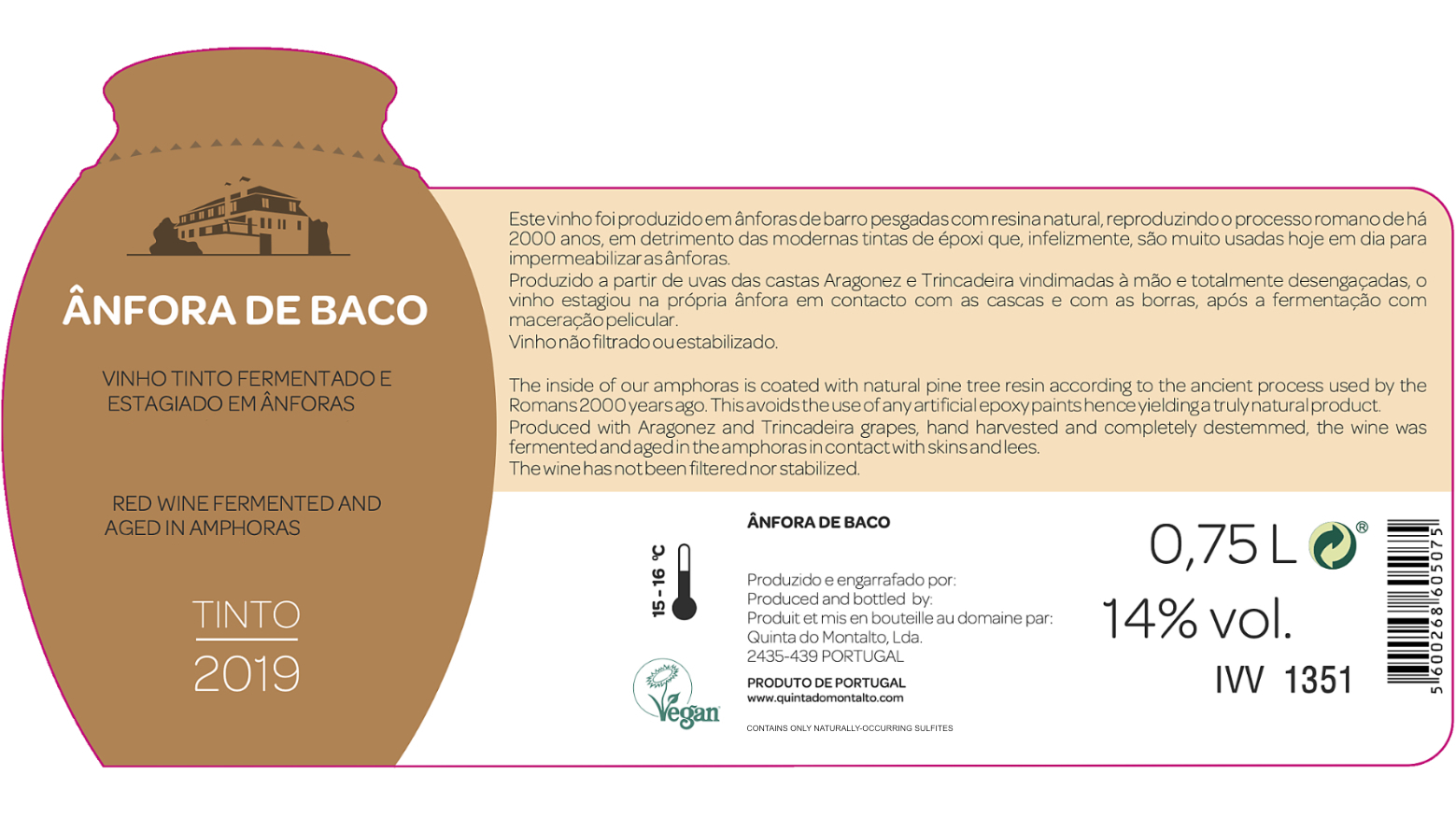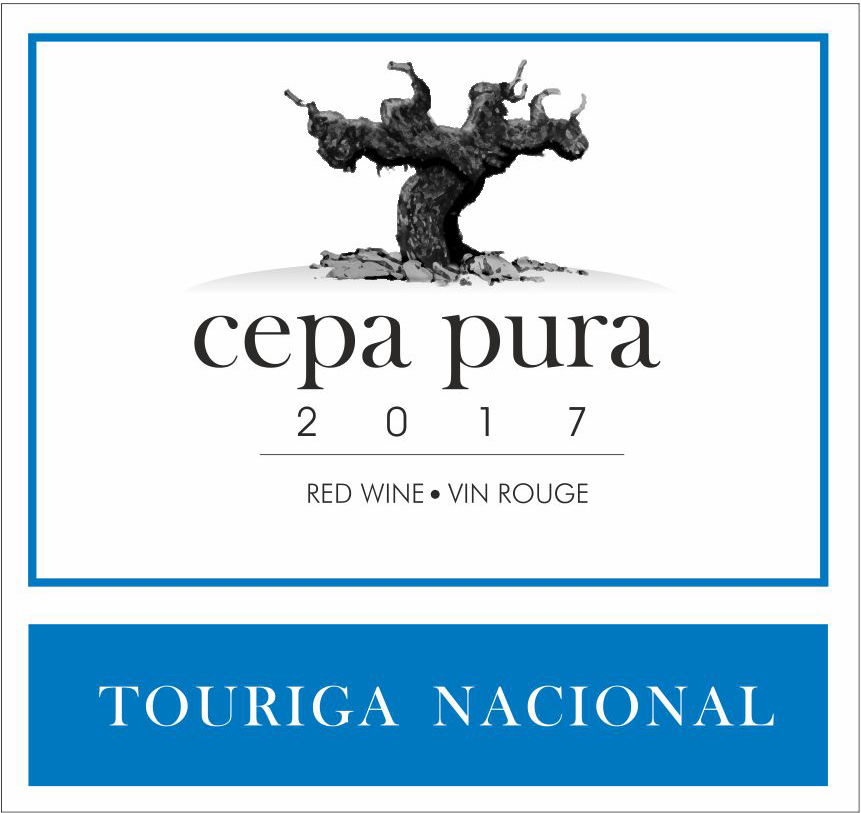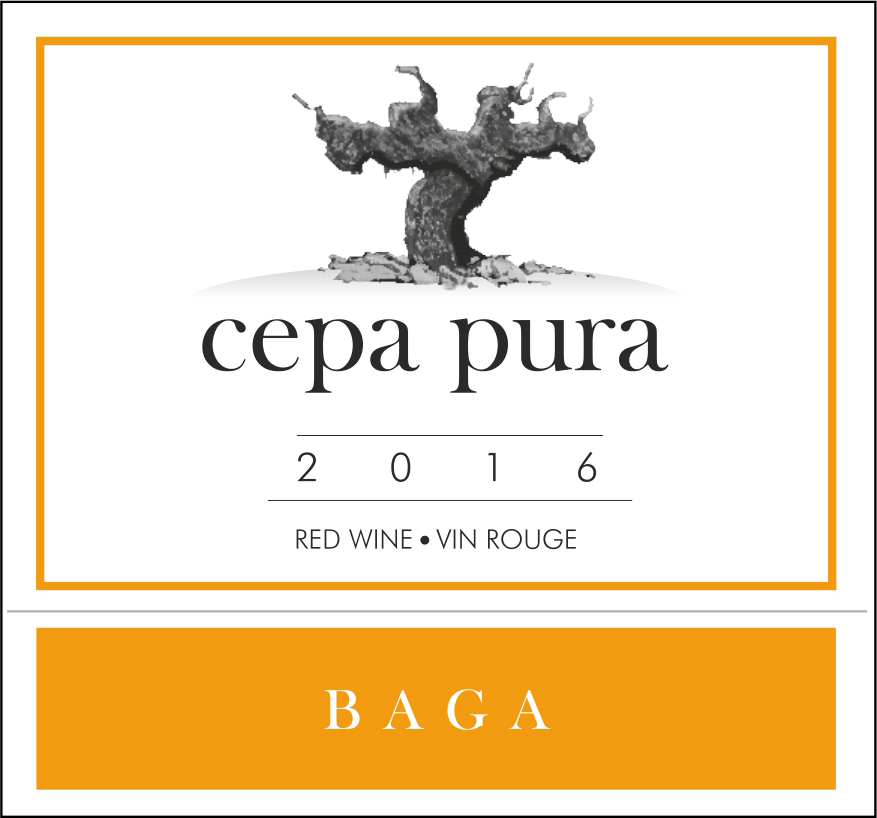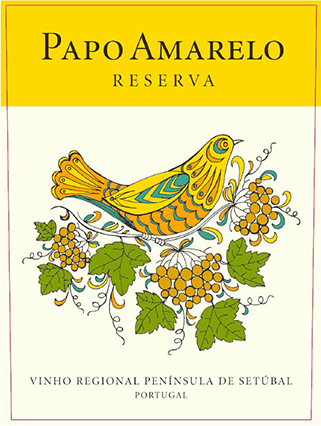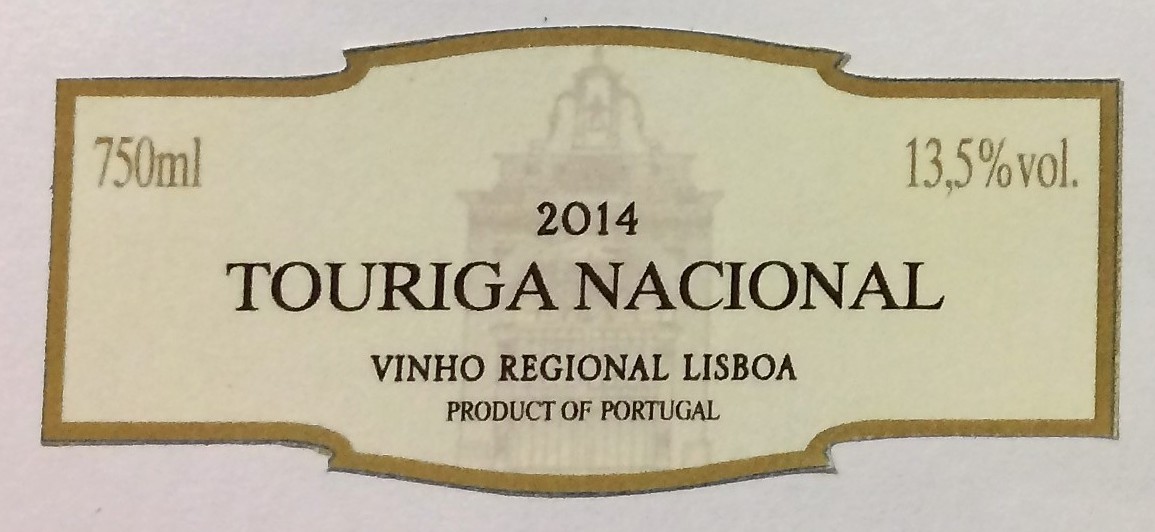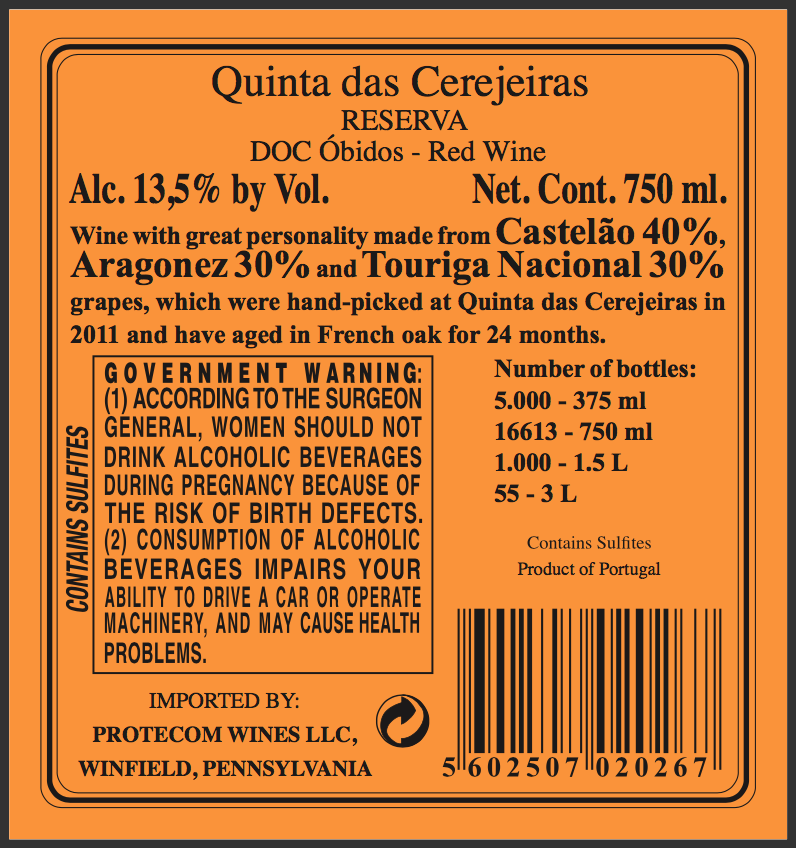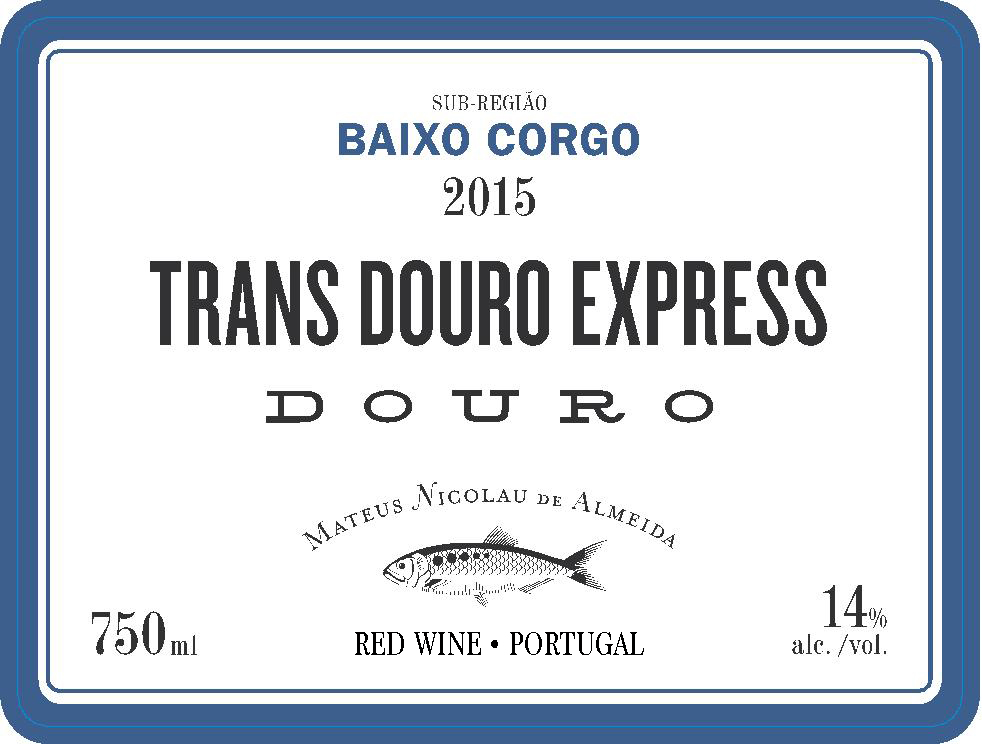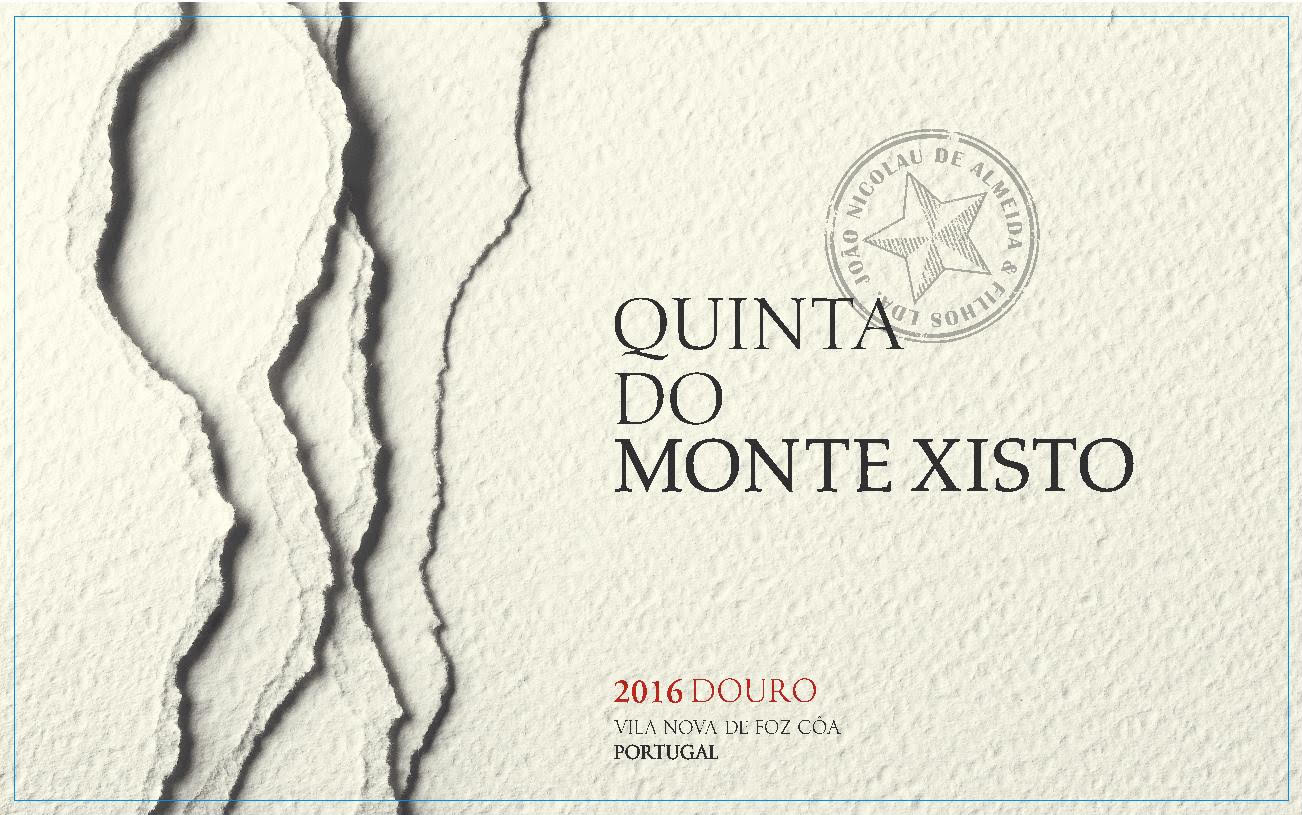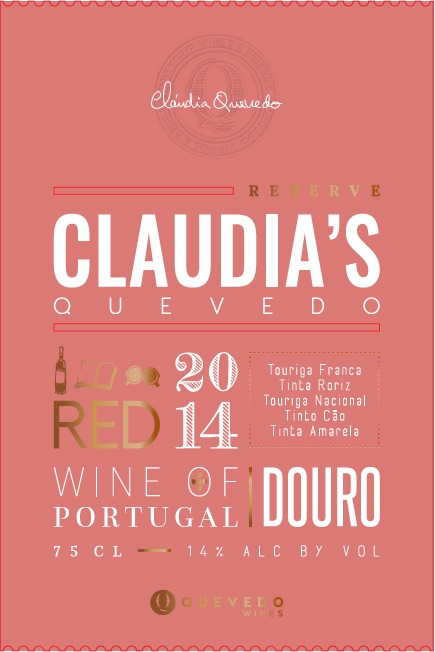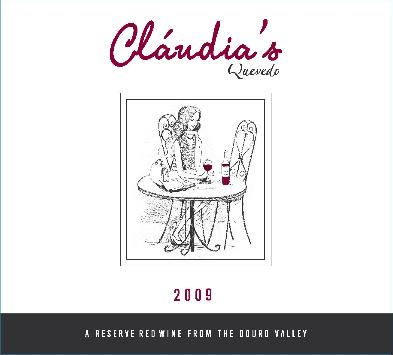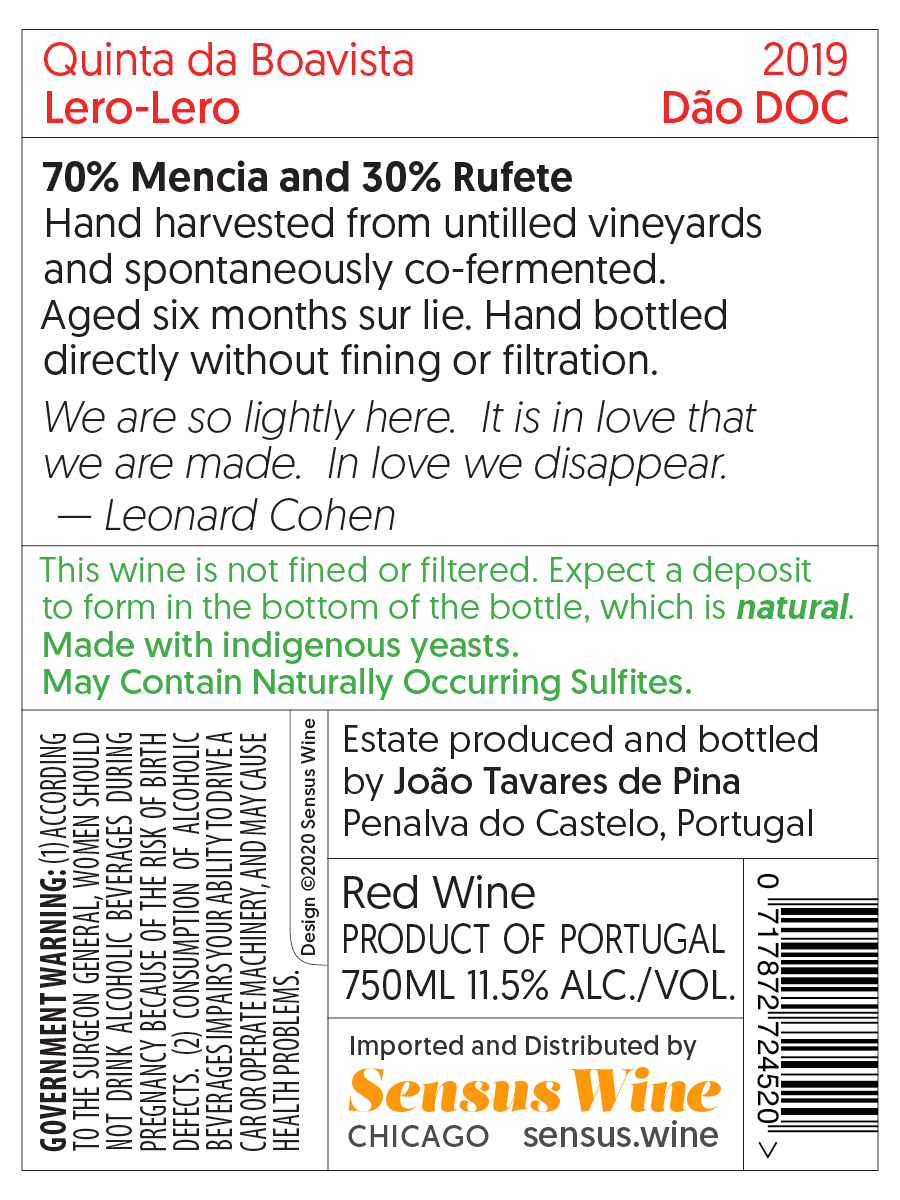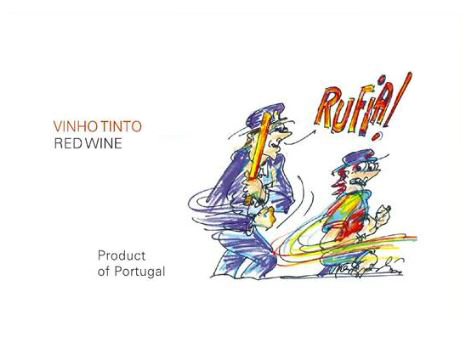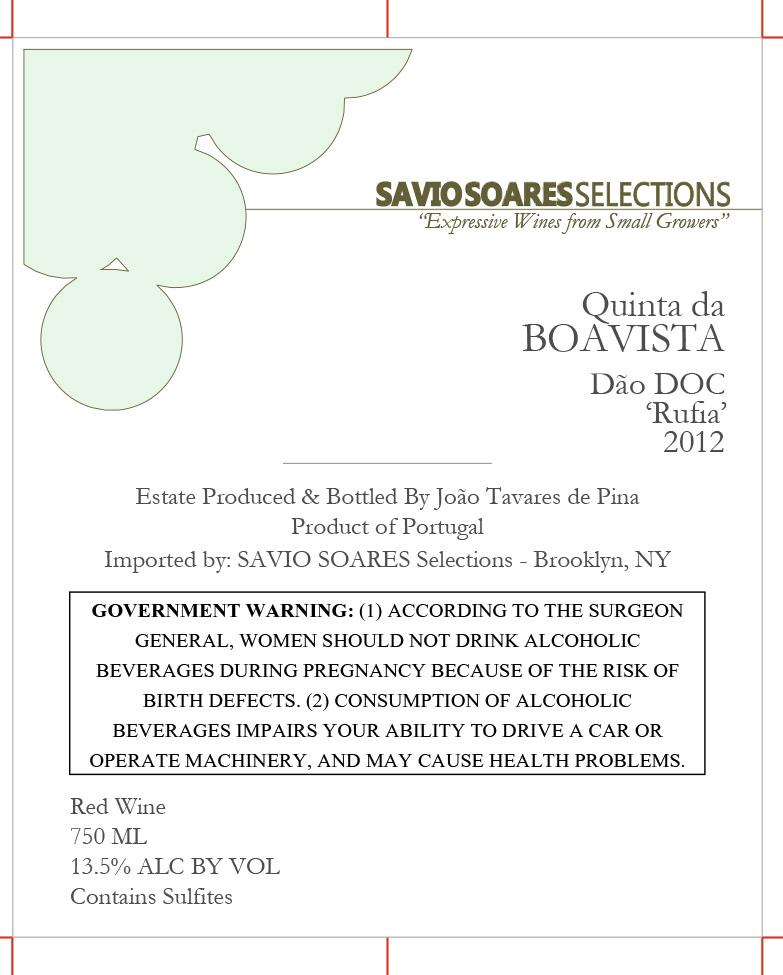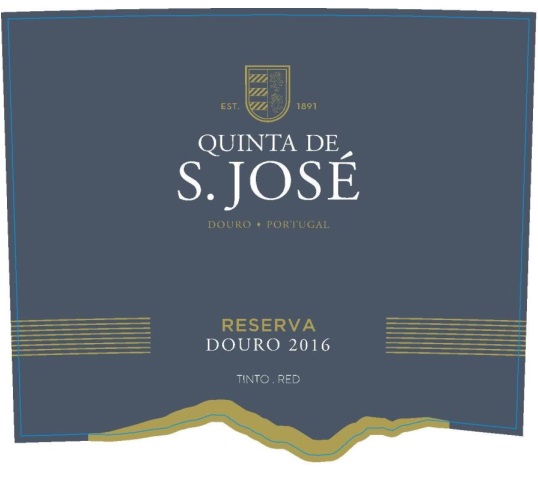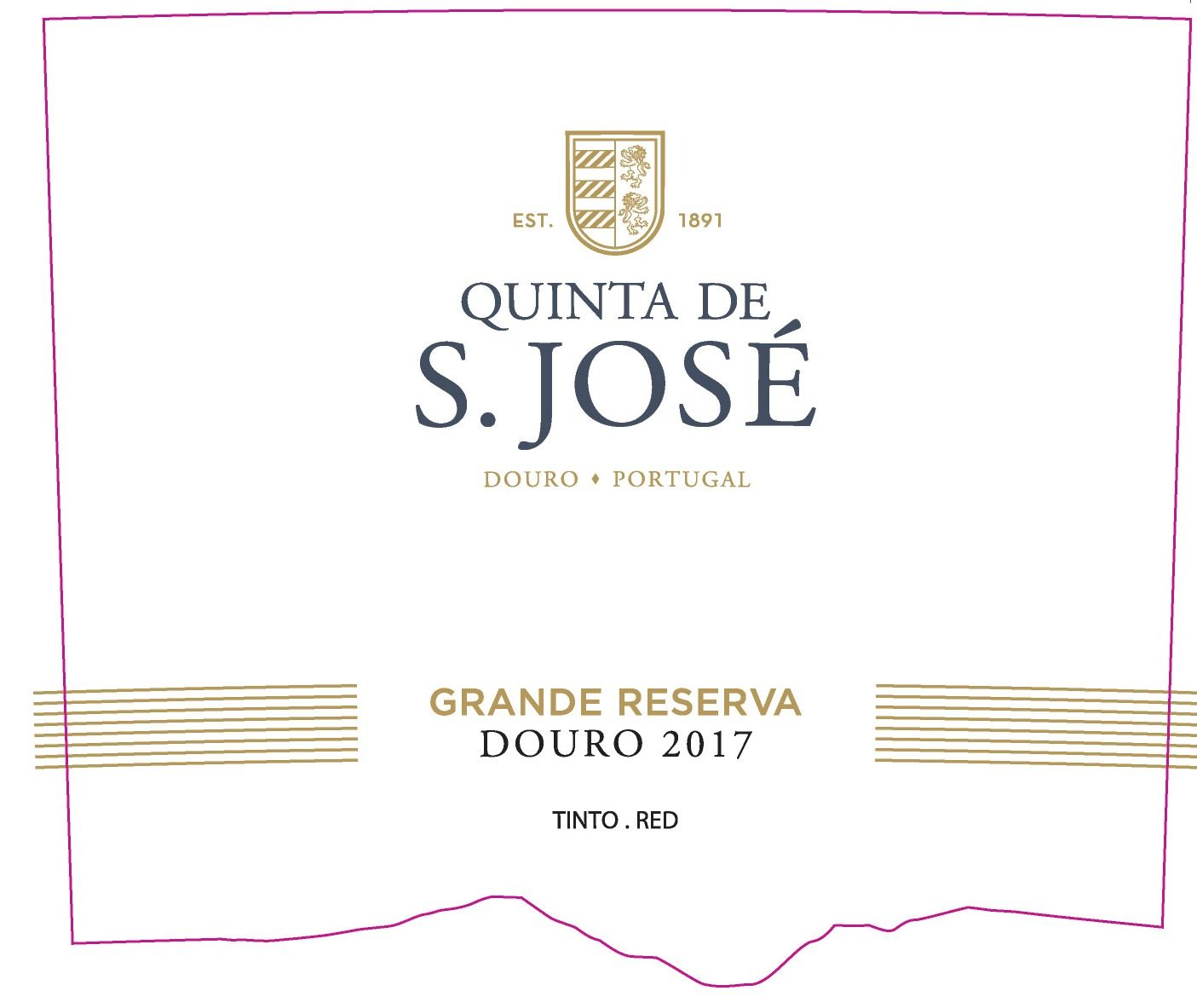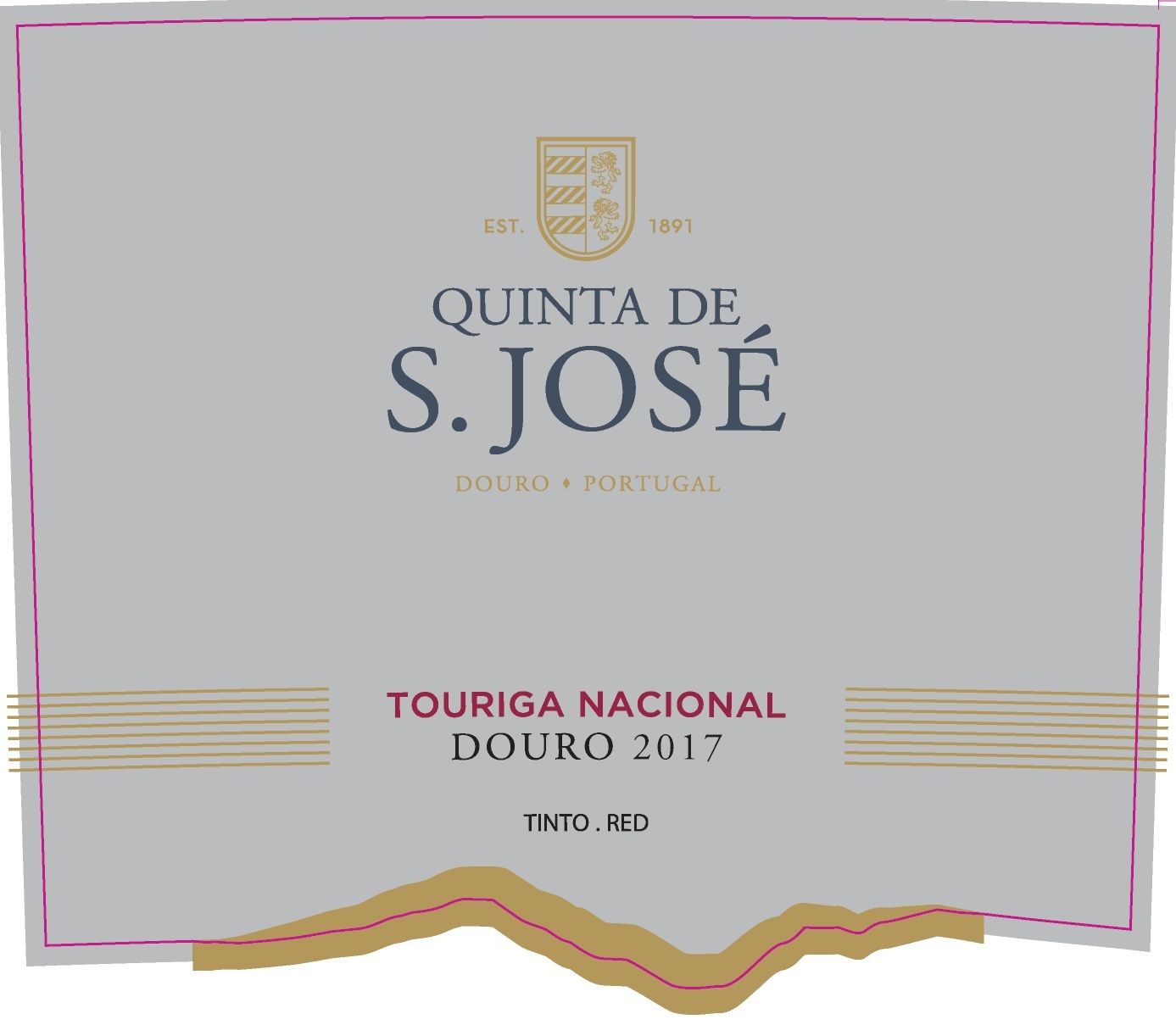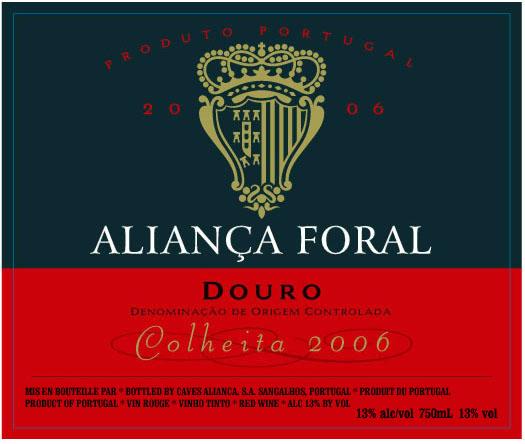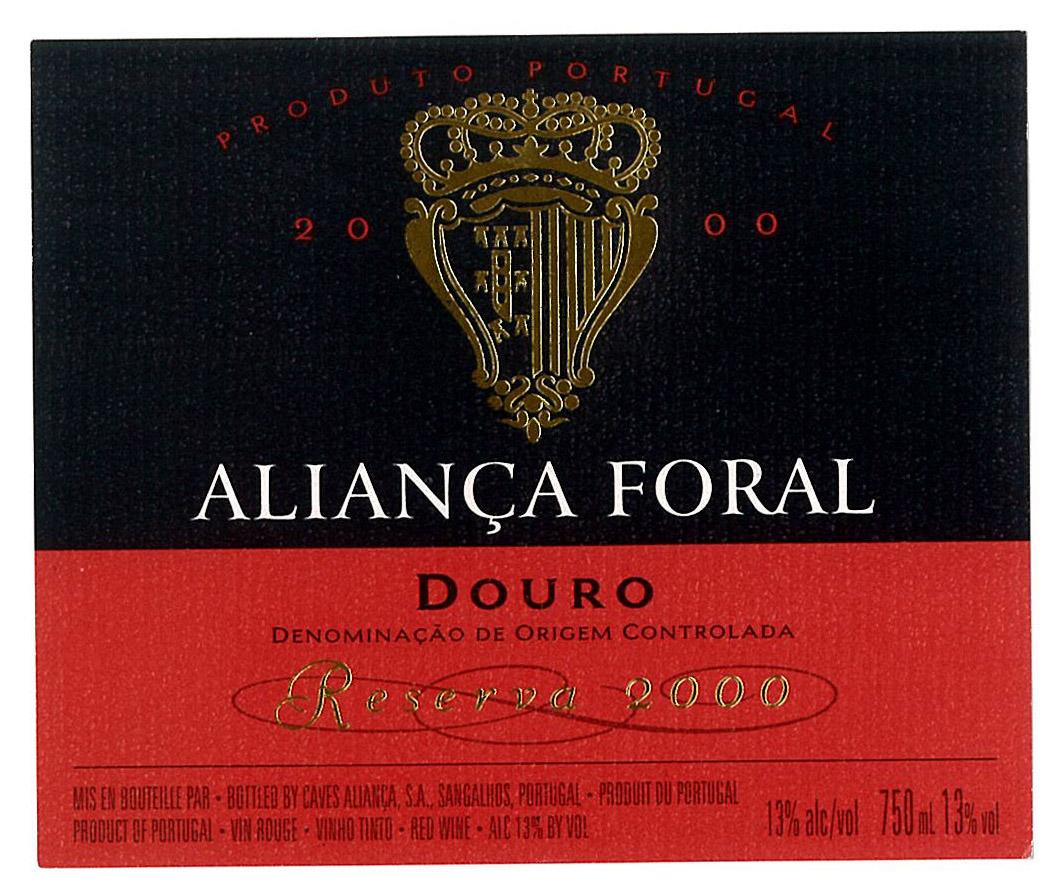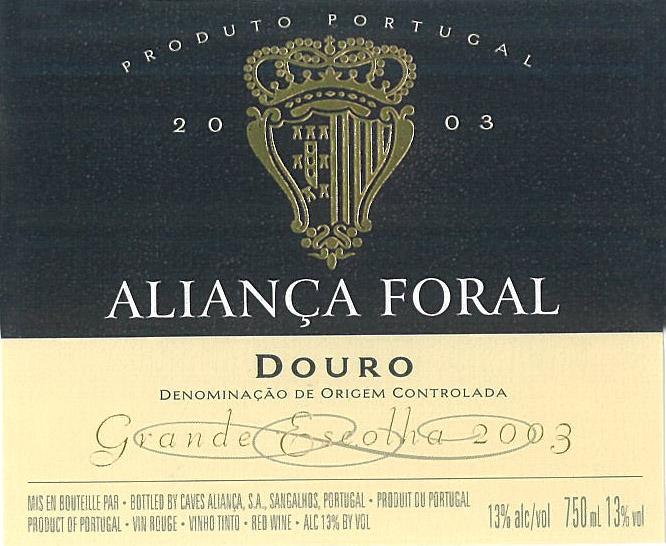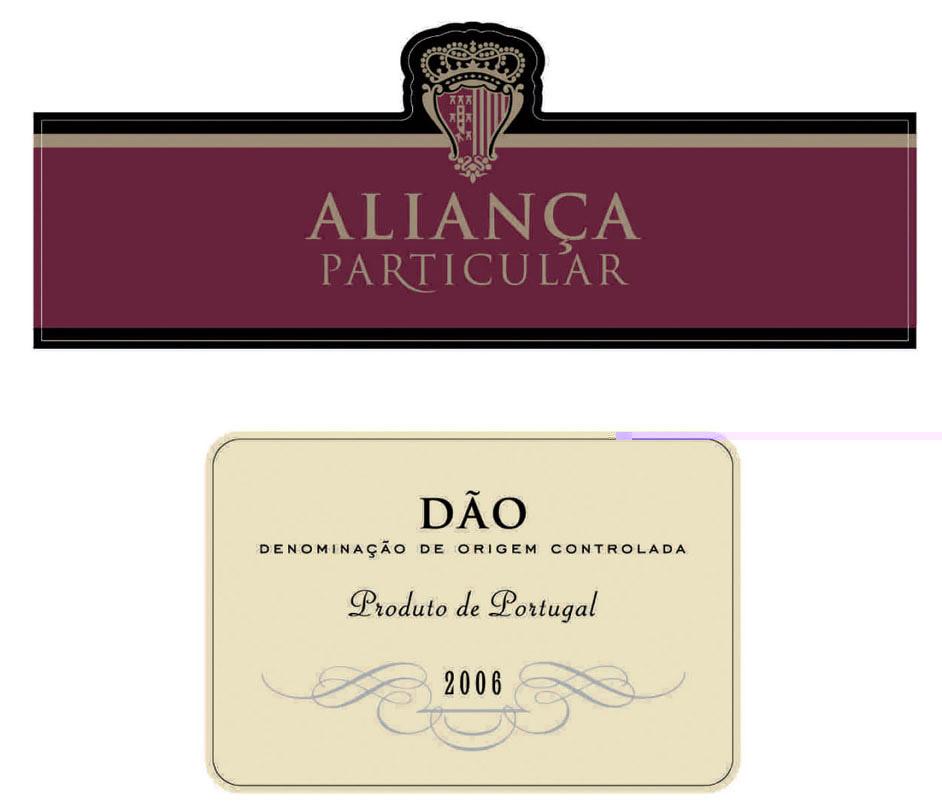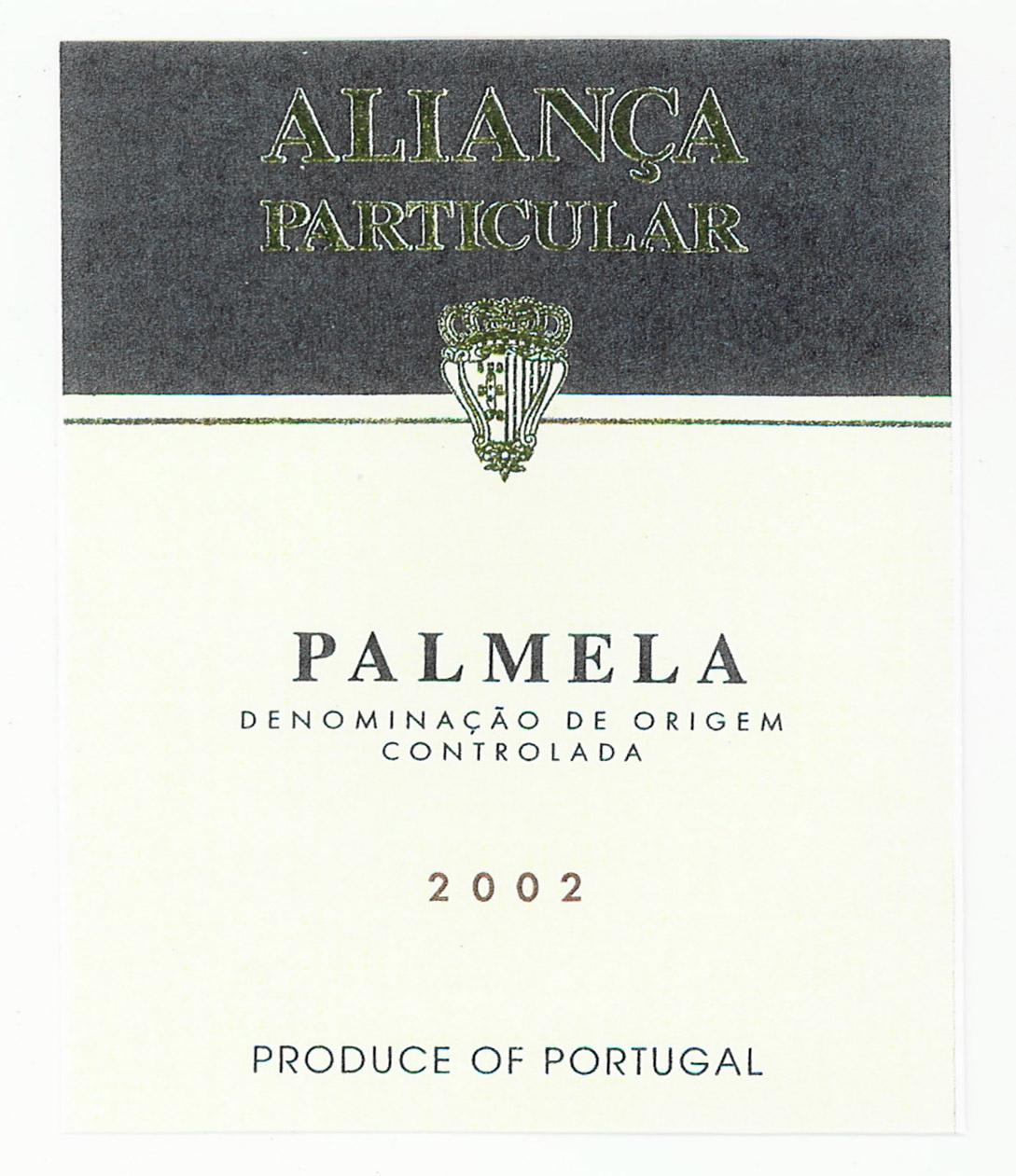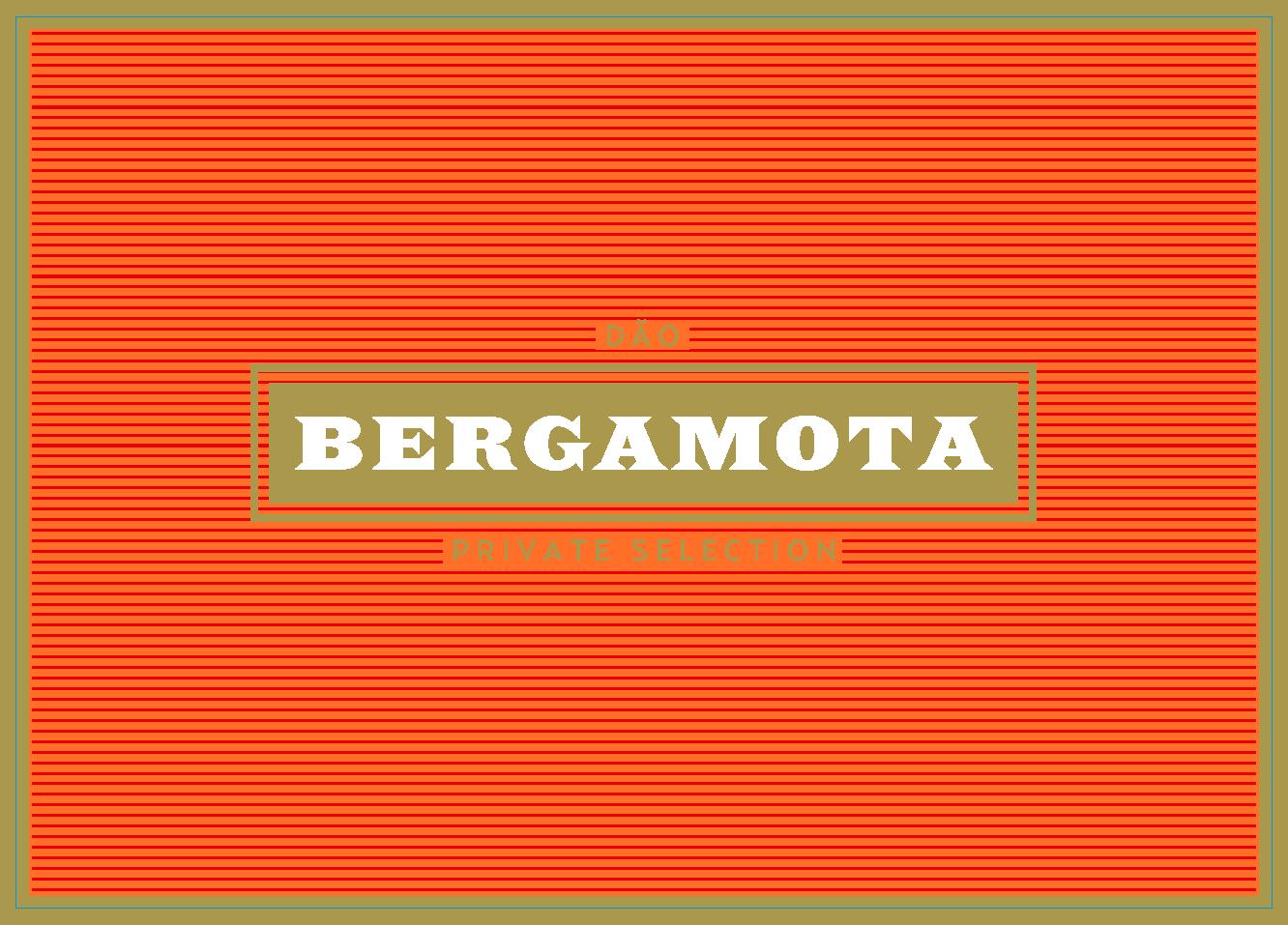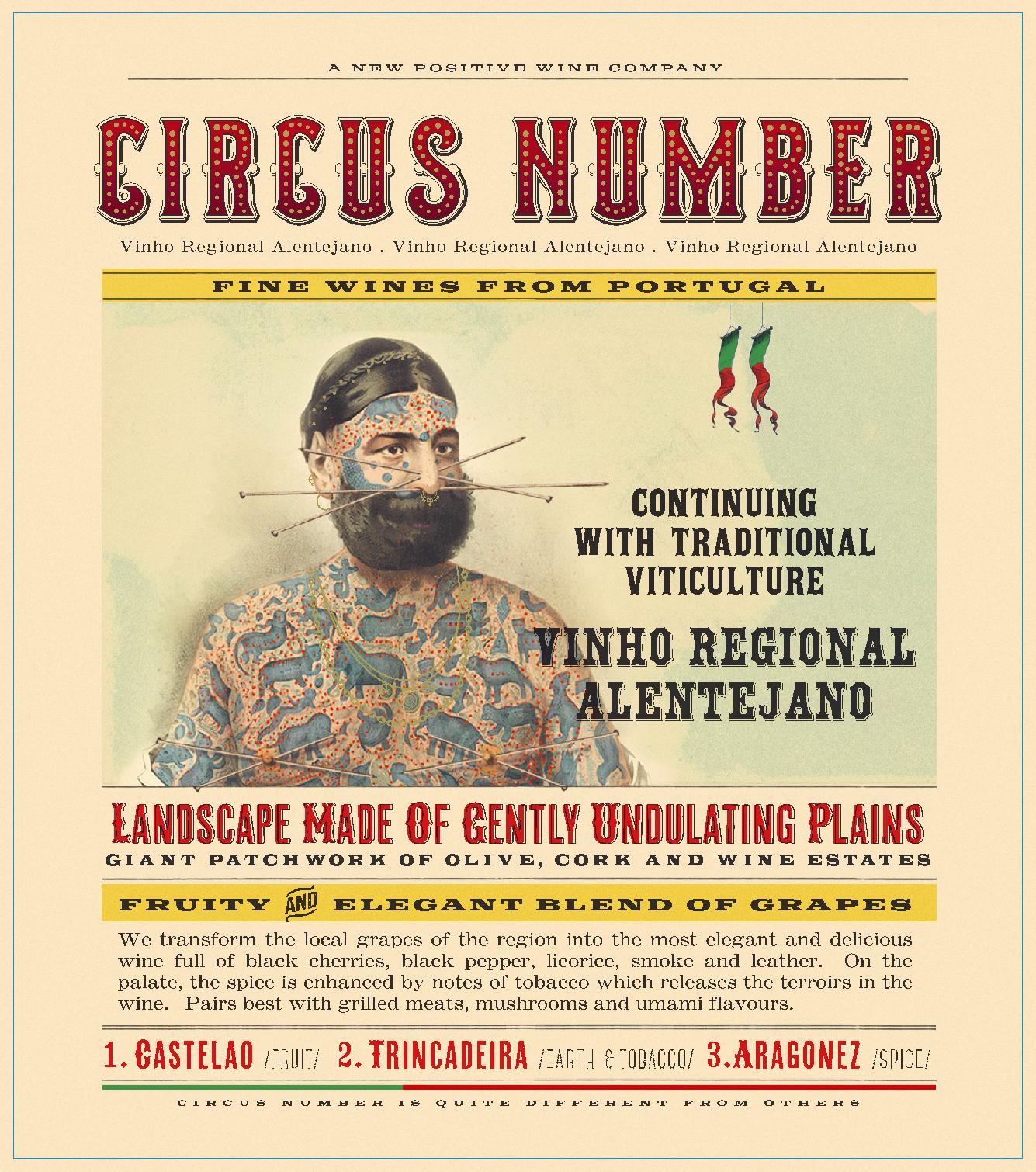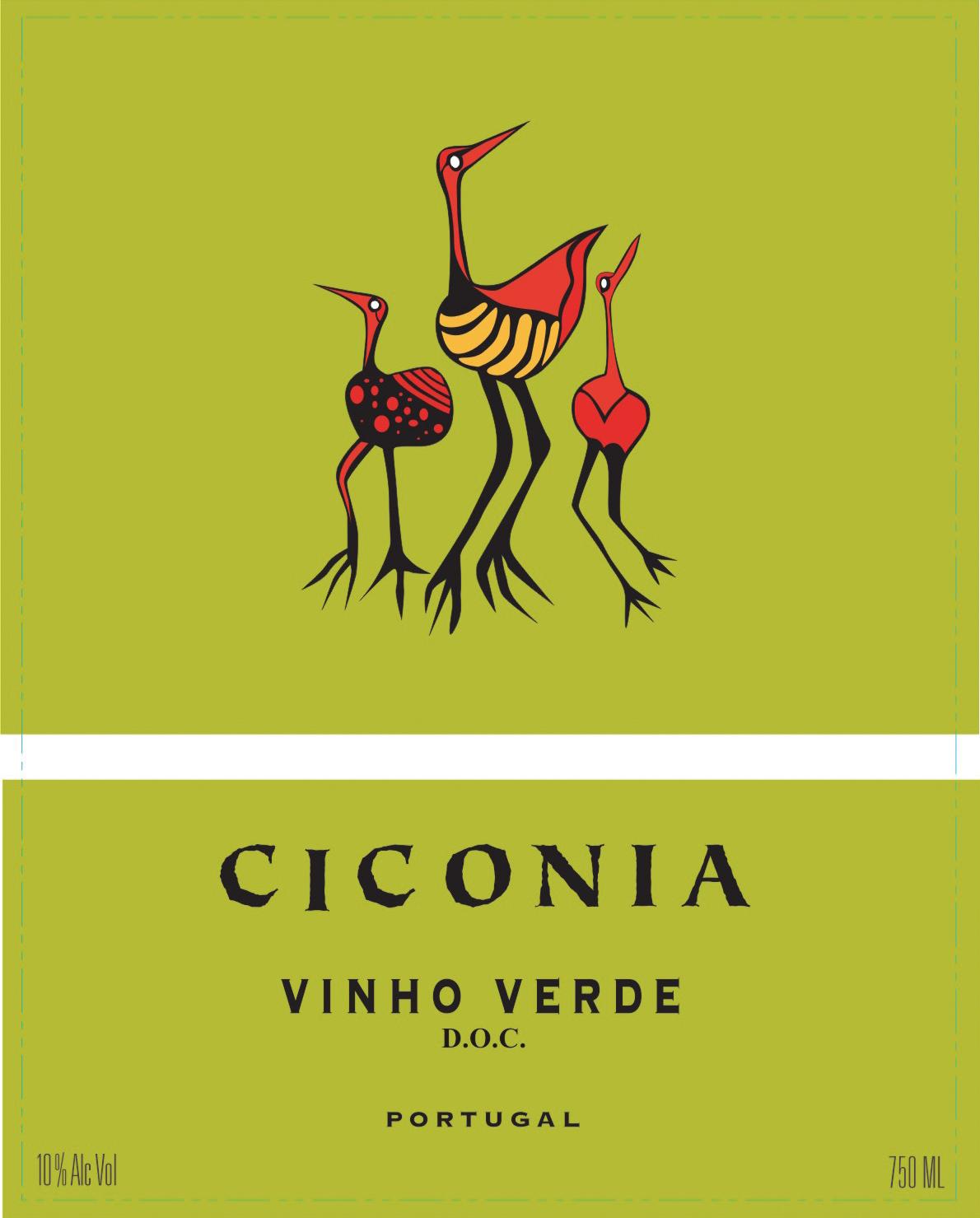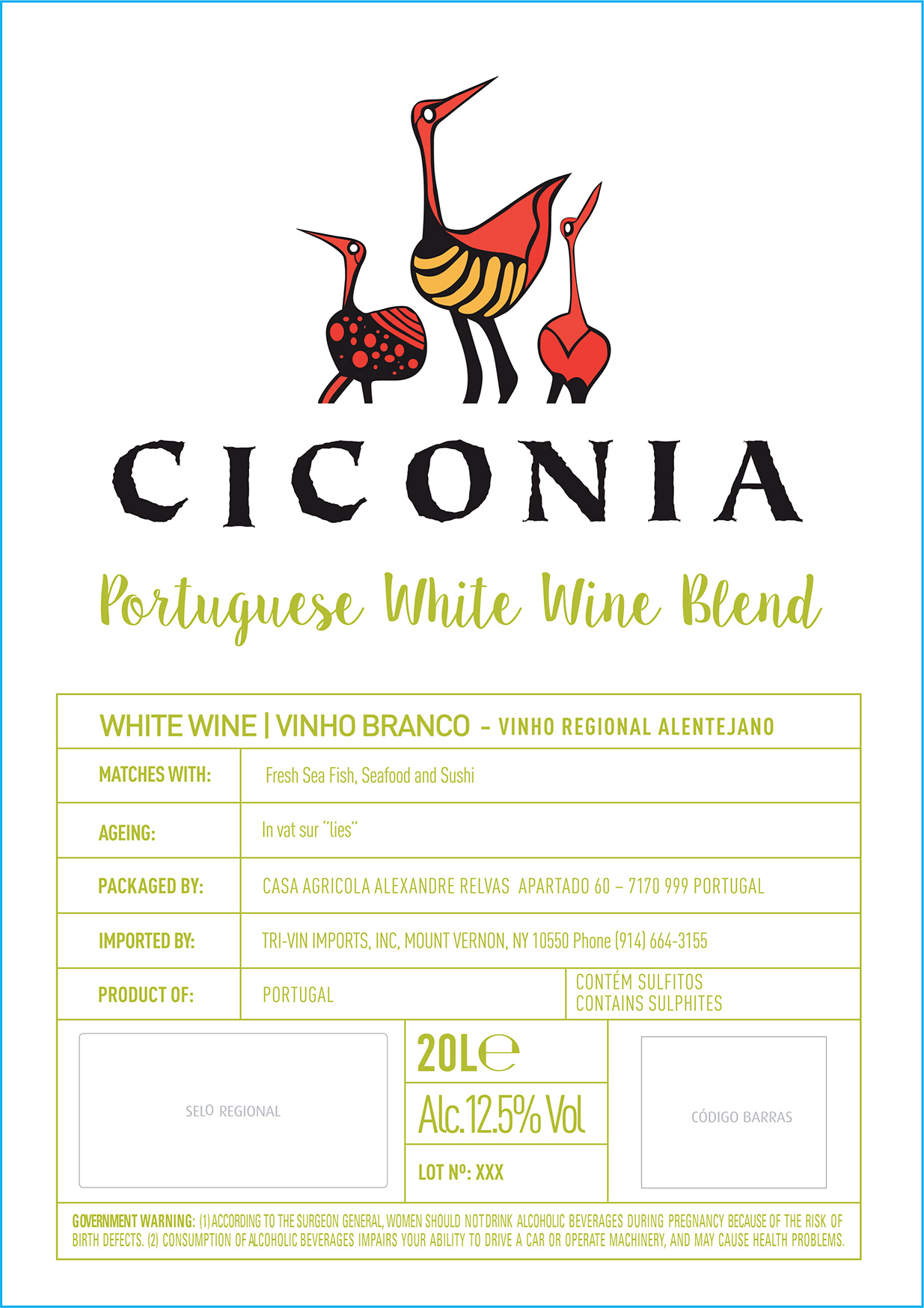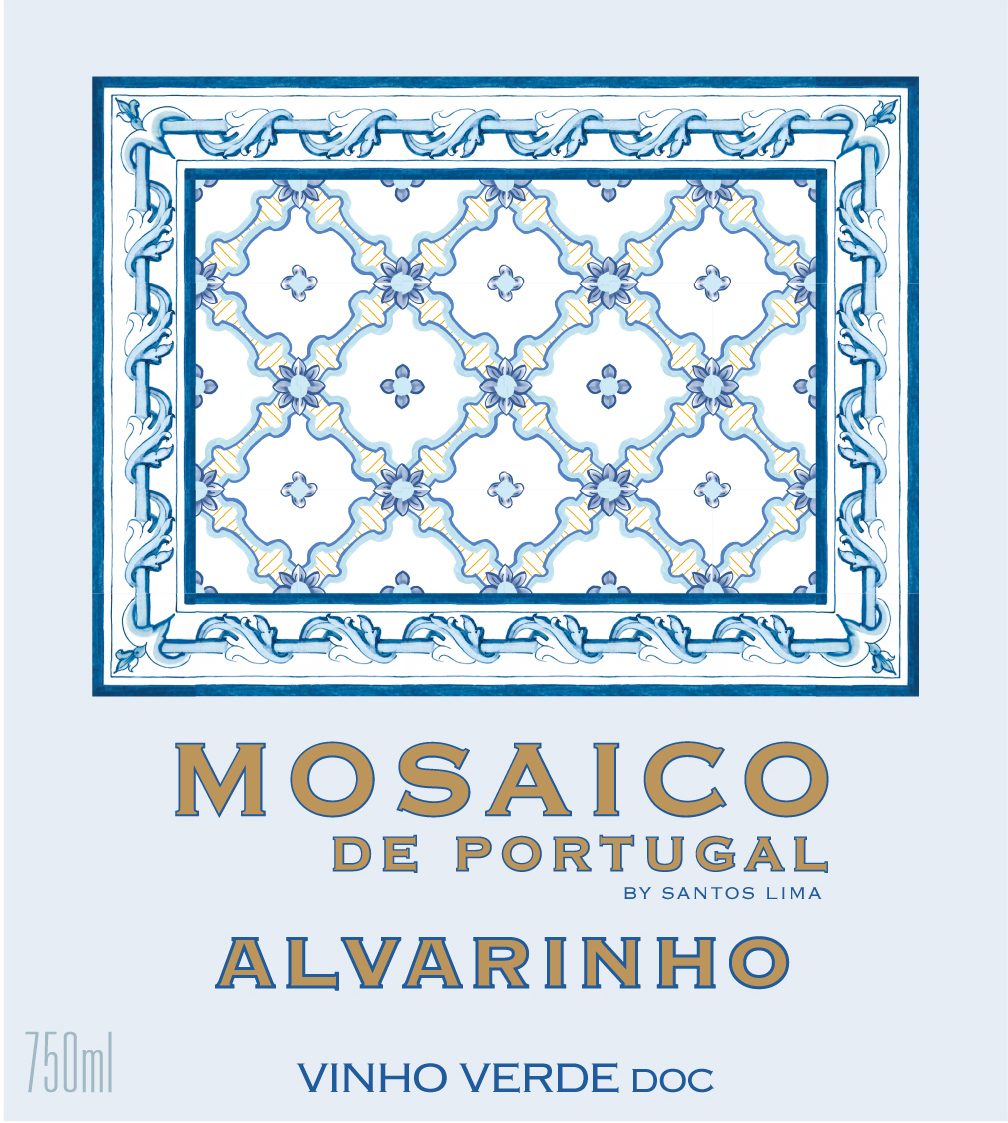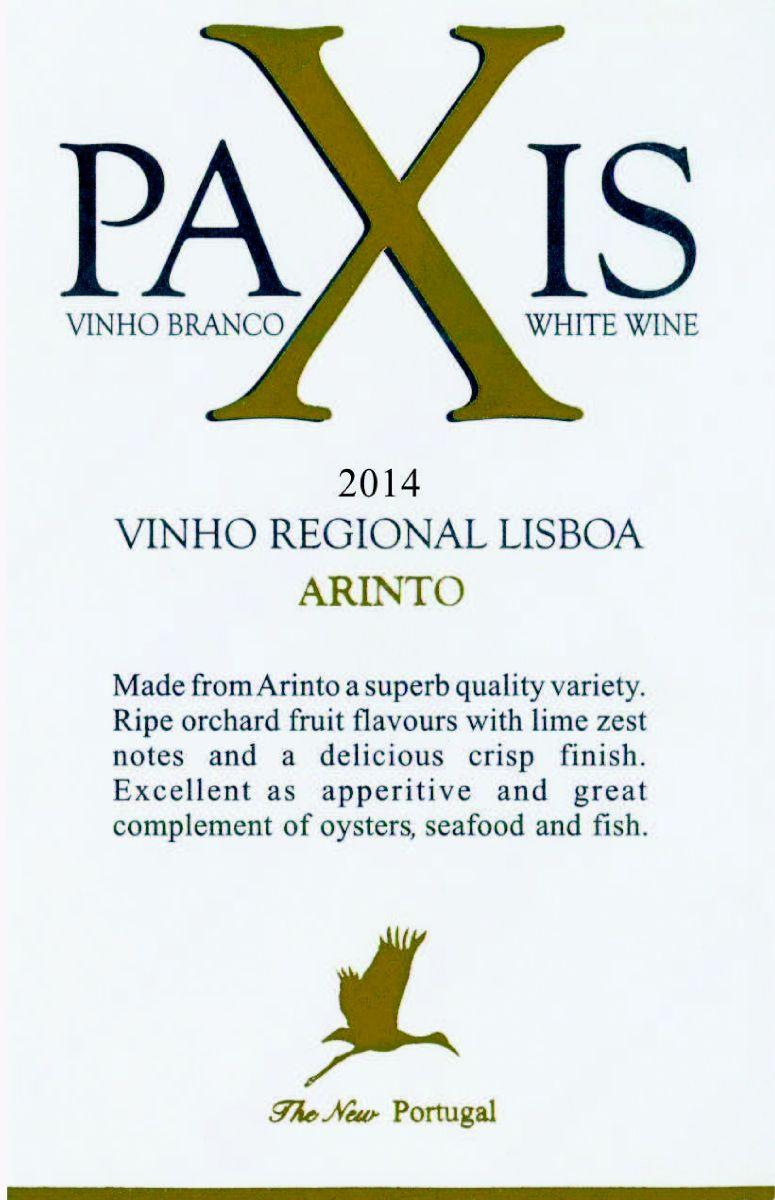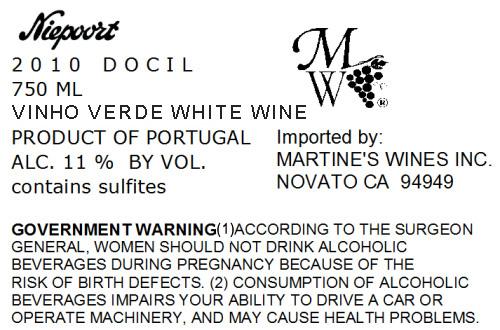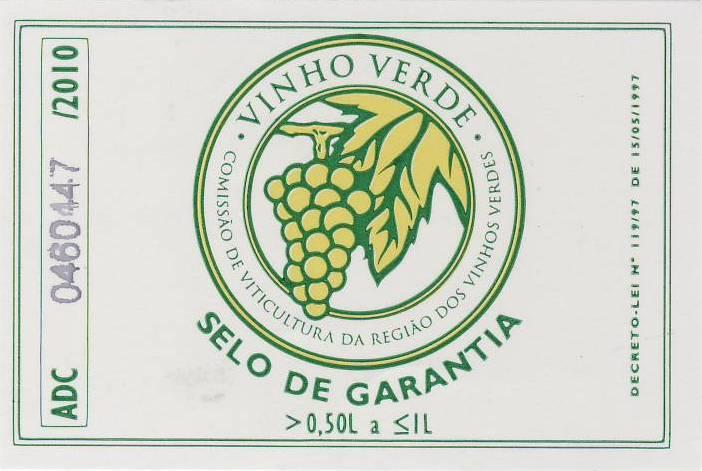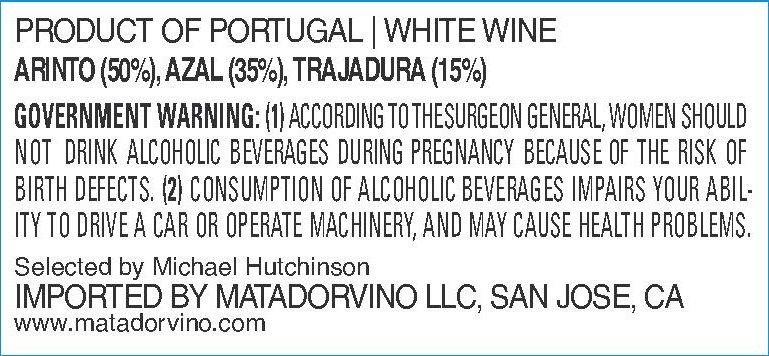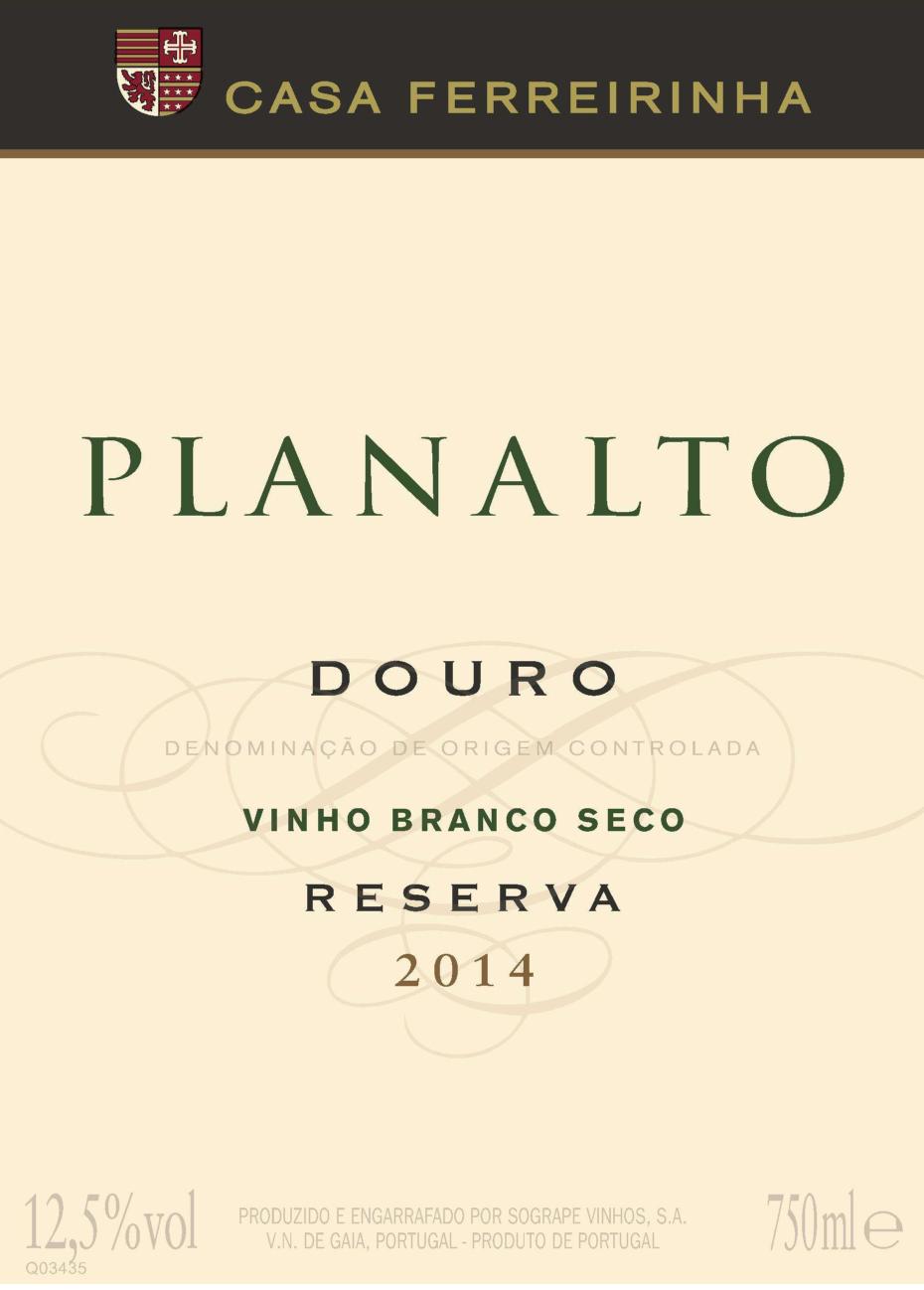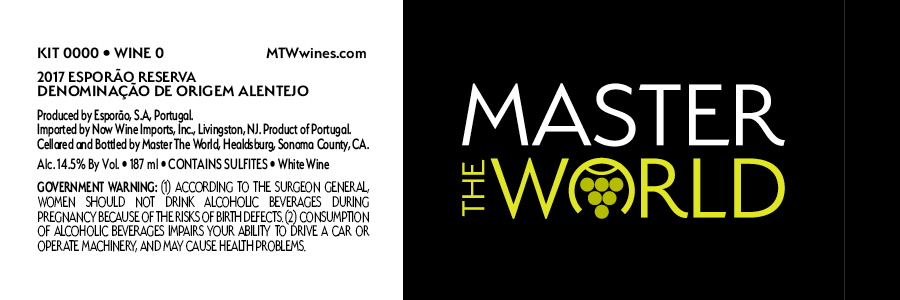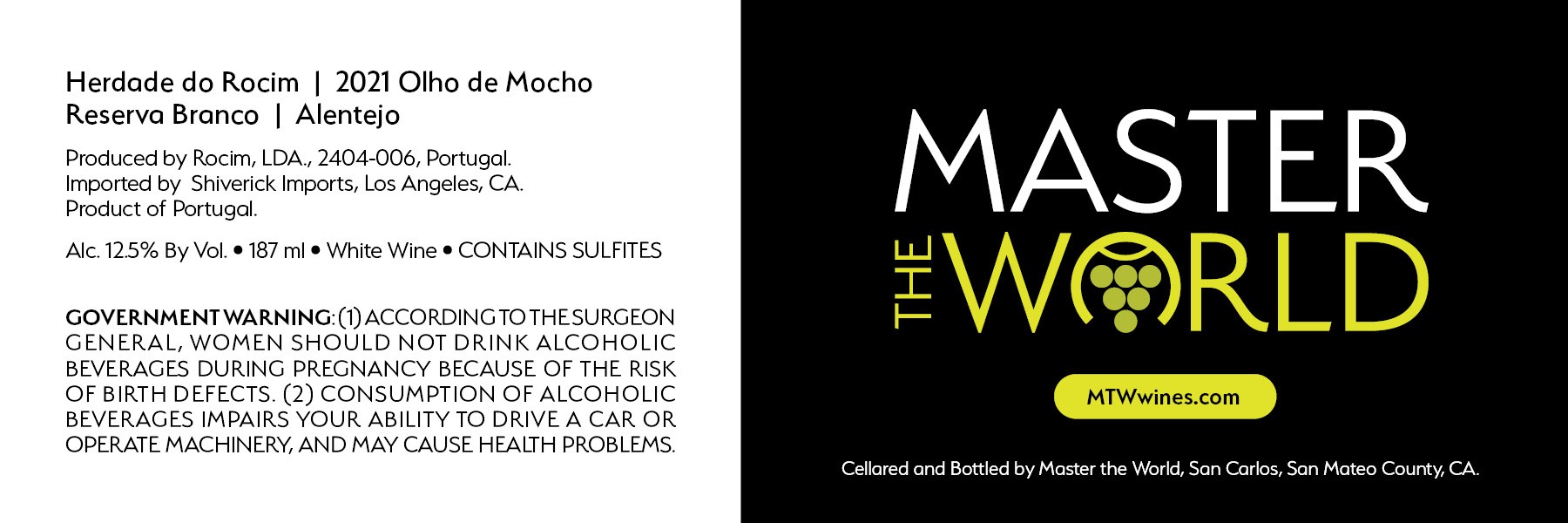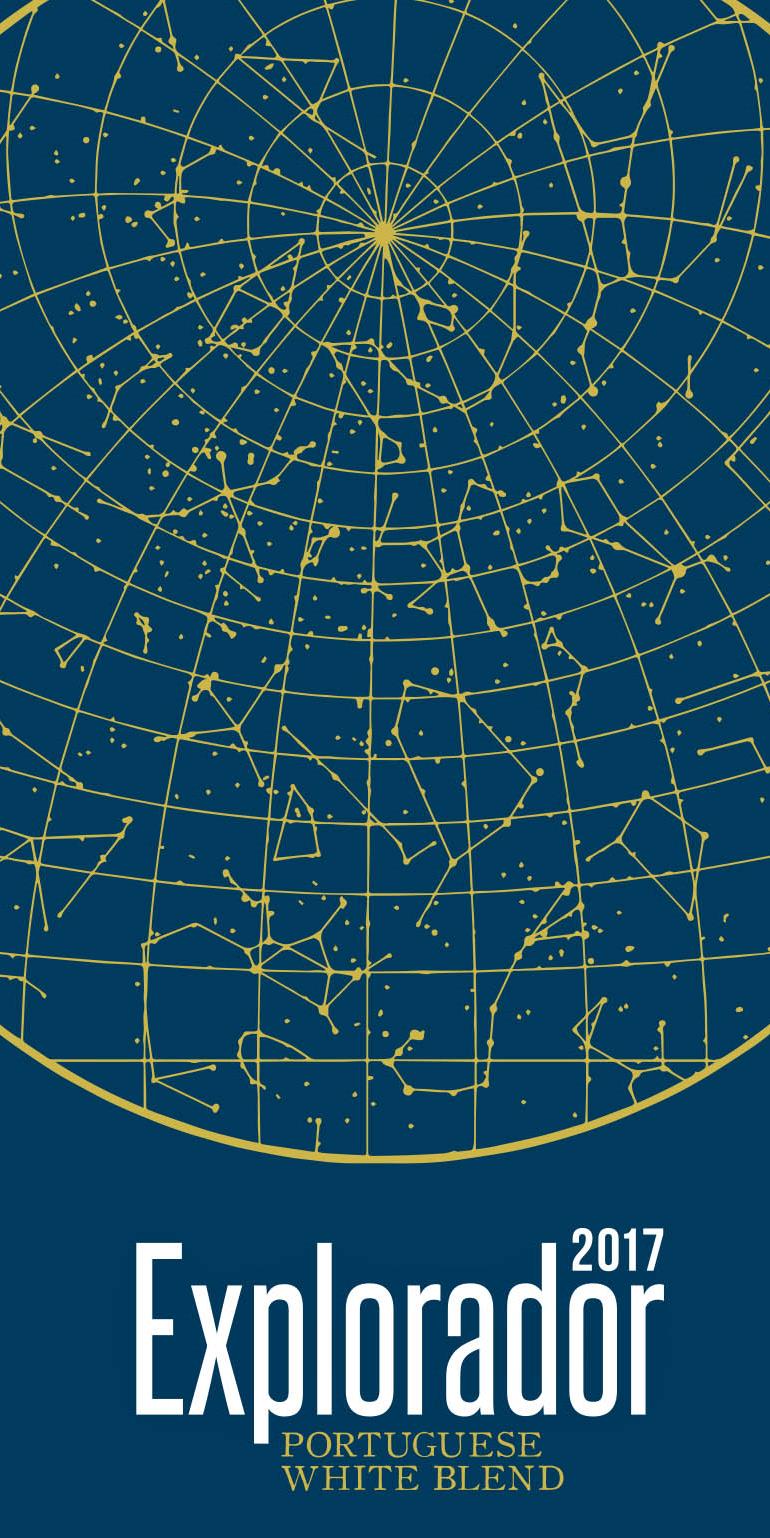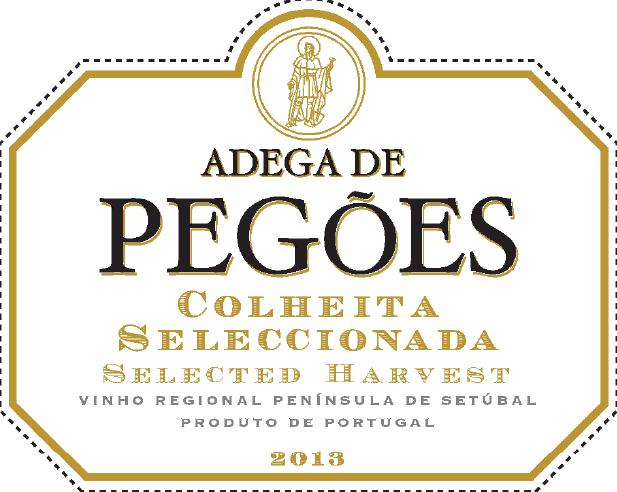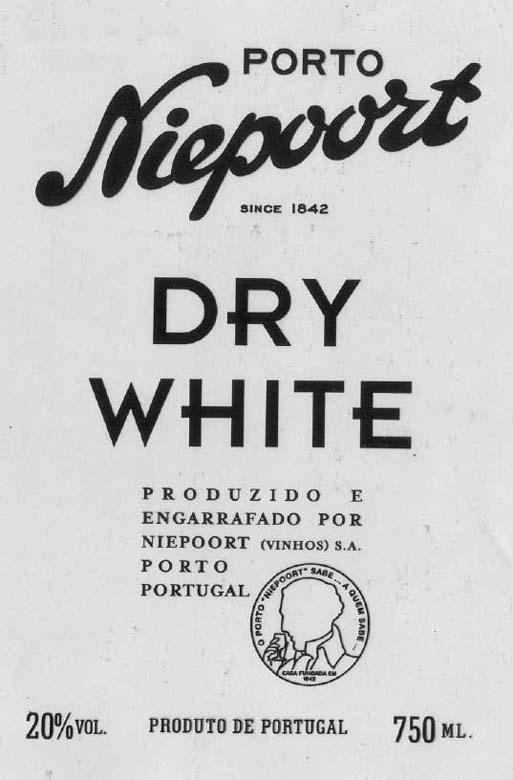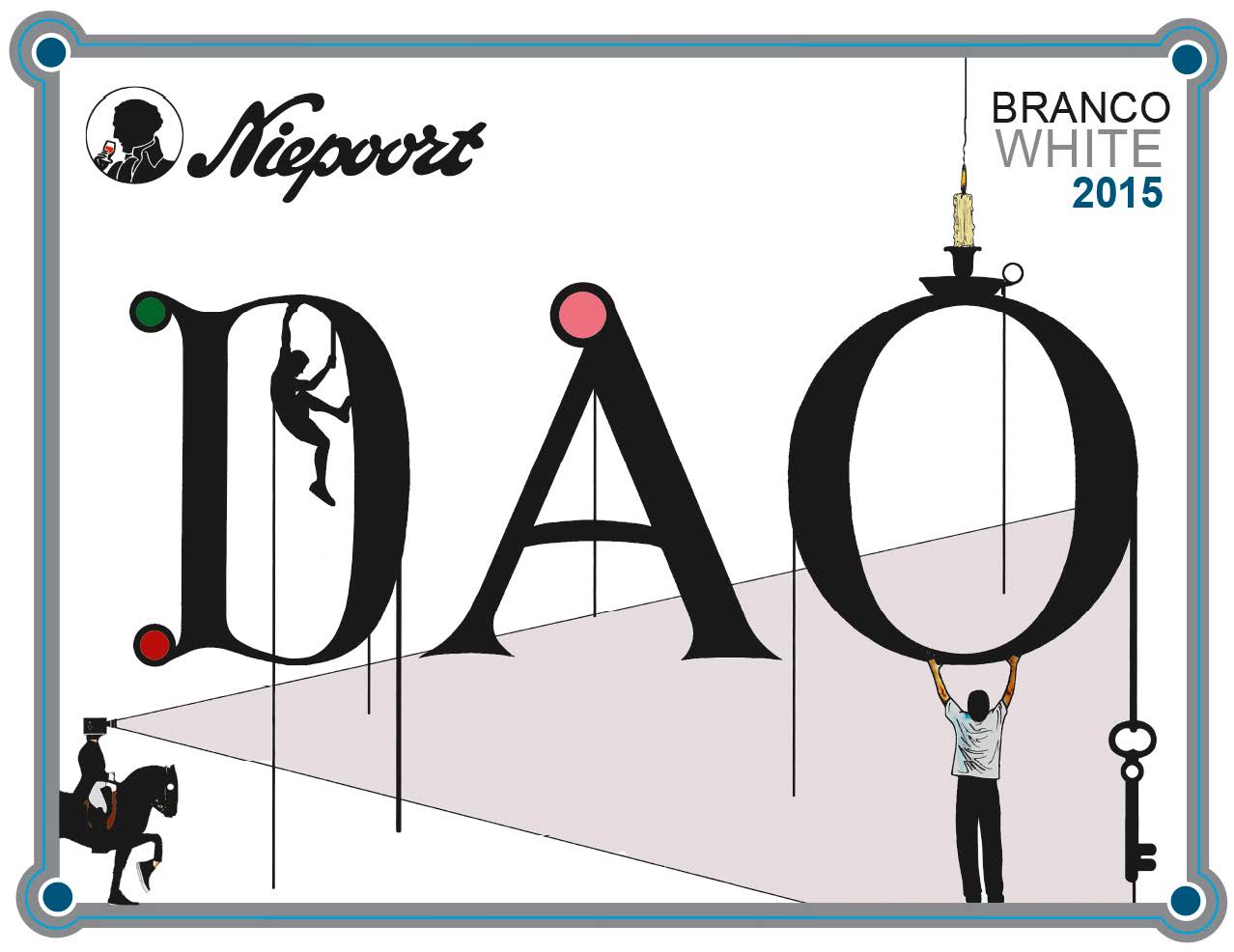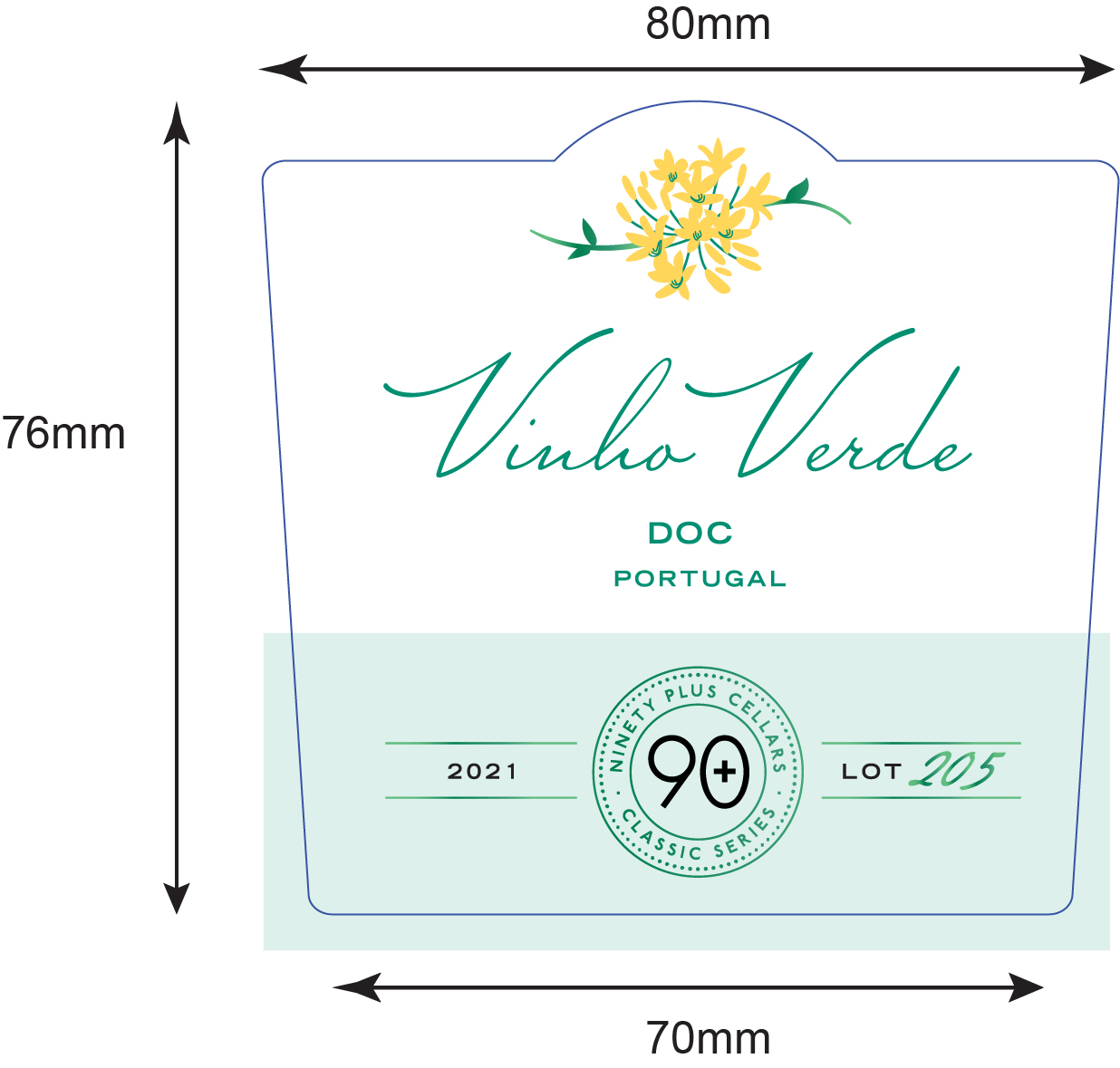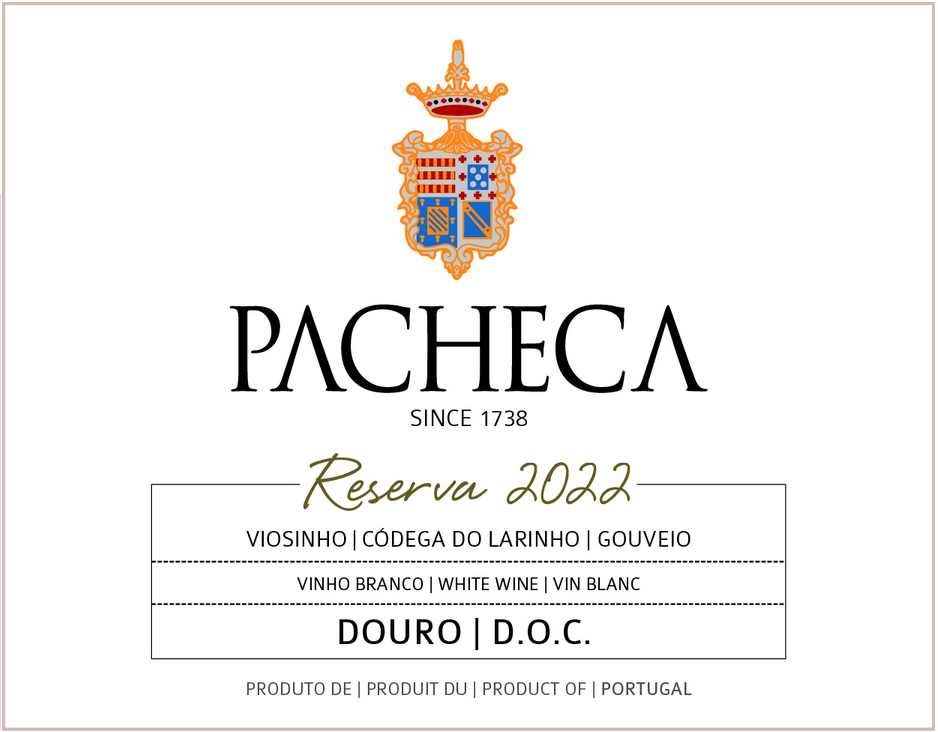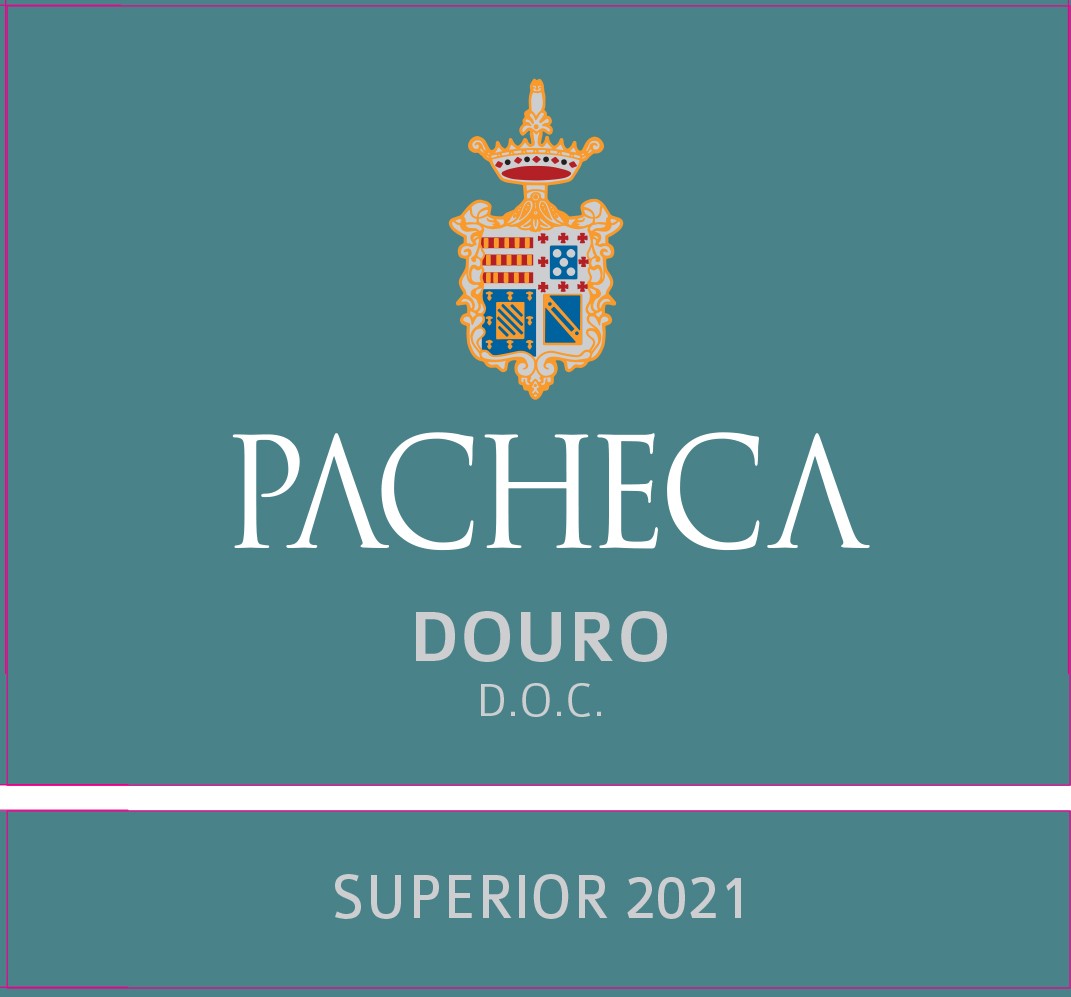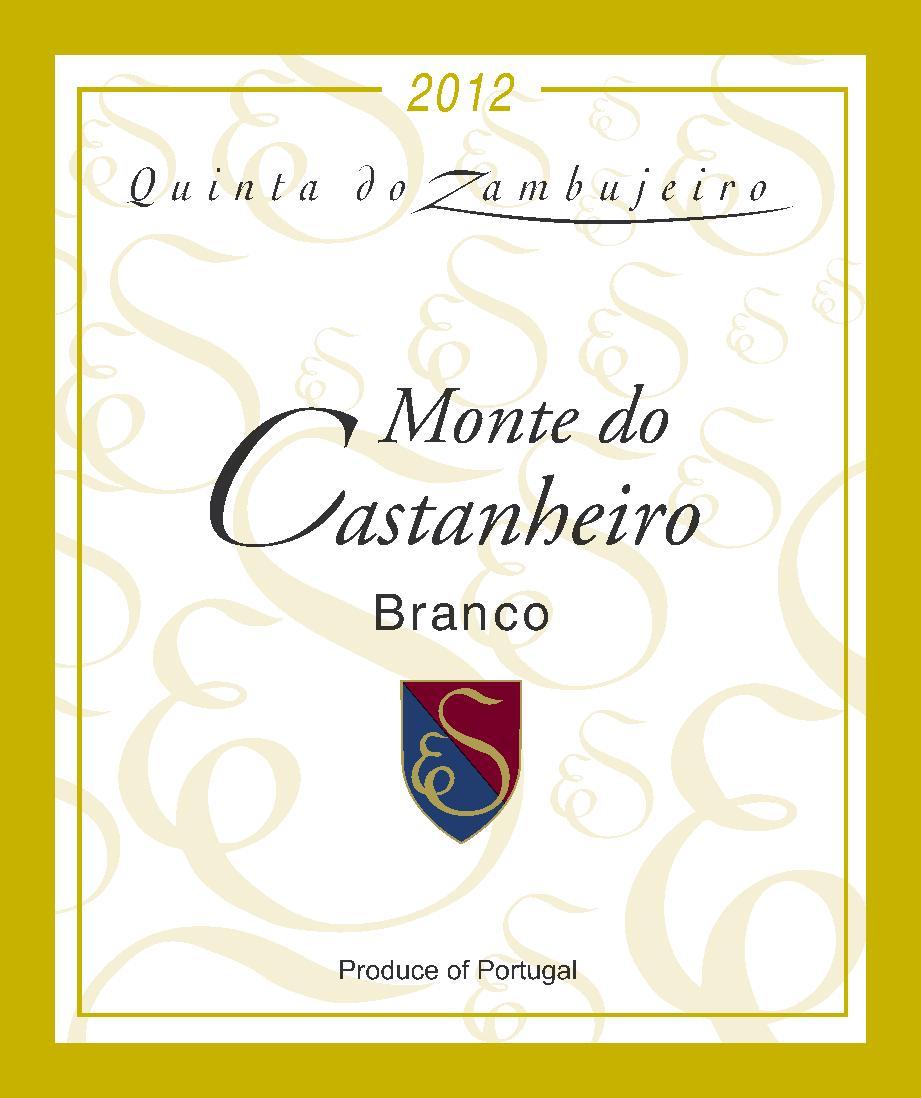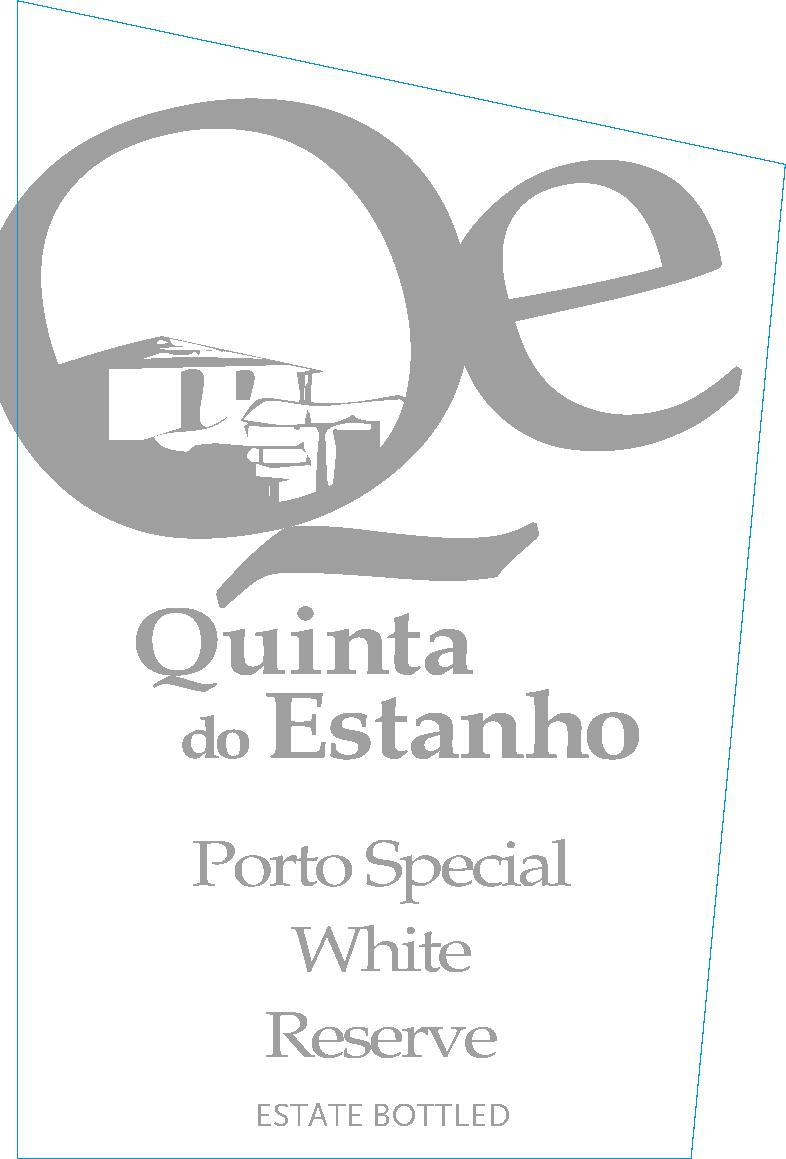Portuguese Wine Regions
Portugal’s wine regions offer remarkable diversity, each shaped by a distinct combination of climate, soil, and landscape. From the lush, green hills near the Atlantic to the sun-drenched valleys inland, every region imparts its own character to the wines.
Here are some of the most distinctive areas:
-
Douro: Steep, terraced vineyards on schist and granite soils, known for both Port and robust reds.
-
Vinho Verde: Atlantic-cooled, granite-rich hills producing crisp, refreshing whites.
-
Dão: Sheltered by mountains, with granite soils and balanced, elegant reds and whites.
-
Bairrada: Humid, limestone and clay soils—ideal for the Baga grape.
-
Alentejo: Warm, rolling plains with diverse soils, offering ripe, approachable wines.
Sustainability in Portuguese Winemaking
Following an exploration of Portugal’s diverse wine regions and native grape varieties, it’s clear that the country’s winemakers are deeply connected to their land. This connection drives a strong commitment to sustainability, as producers work to protect both the environment and the traditions that make Portuguese wines unique.
Across regions like the Douro and Alentejo, many wineries are adopting eco-friendly practices—such as organic farming, lighter bottles, and renewable energy—through national programs like the SSV and the Alentejo Wine Sustainability Program. These efforts help safeguard native grapes and the character of each region while reducing waste and carbon emissions. With ongoing research and certification, Portugal’s wine industry is ensuring that sustainability is not just a trend, but a lasting promise to future generations and local communities.
Wine Tourism in Portugal
Wine tourism in Portugal offers a natural extension of exploring the country’s diverse wine regions, grape varieties, and sustainable practices. Guided by regional wine commissions, visitors can immerse themselves in local traditions and the evolving landscape of Portuguese winemaking.
- The Vinho Verde Route showcases lush scenery and native grapes like Alvarinho, with visits to manor houses and rural estates.
- The Port Wine Route winds through the Douro Valley’s terraced vineyards and historic quintas, featuring tastings and harvest celebrations.
-
Alentejo’s path highlights rolling plains and ancient wine towns, while Bairrada specializes in sparkling wines and regional cuisine.
- Setúbal and central wine routes combine vineyard visits with natural parks and UNESCO sites for a broader cultural experience.
- Wine festivals, food pairings, and vineyard stays connect visitors to Portugal’s deep winemaking heritage and ongoing sustainability efforts.
History of Portuguese Wine
Before exploring Portugal’s diverse wine regions, it’s important to understand the deep historical roots that have shaped the nation’s winemaking. Portugal’s tradition began with the Tartessians around 2000 BC, later enriched by Greek, Celtic, Phoenician, and Roman influences.
- Romans introduced vineyard zoning, pruning, clay amphorae (talhas), the latada (pergola) system, grafting, and stone presses—some practices still used today.
- Christian winemaking was largely tolerated under Arab rule; after the Reconquista, monastic orders expanded and replanted vineyards, making wine the main export from the Entre Douro e Minho region by the 12th and 13th centuries.
- The 1703 Methuen Treaty with England, the Douro’s demarcation in 1756, and the founding of the Companhia Geral da Agricultura das Vinhas do Alto Douro in 1756–57 established Portugal’s global reputation.
- Modern oversight—from the Junta Nacional do Vinho (1937) to the Instituto da Vinha e do Vinho (1986)—formalized DOC and IGP systems, ensuring quality and sustainability across Portugal’s regions.



